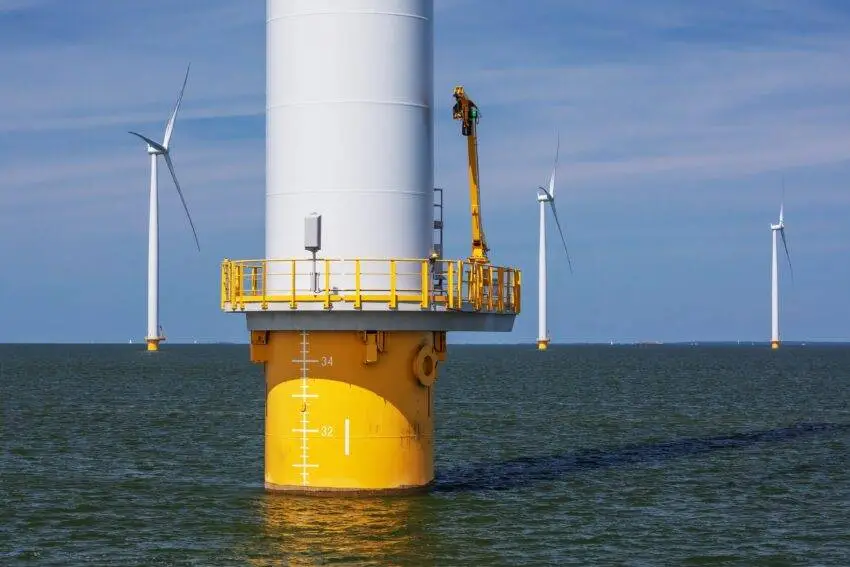Britain faces a pressing need to accelerate the construction of offshore wind farms. The Institute for Public Policy Research (IPPR) has issued a stern warning that current efforts fall drastically short.
To meet its ambitious decarbonisation targets, Britain must triple its current pace in offshore wind development. This would ensure both environmental sustainability and economic competitiveness.
The Bold Targets
The government aims to reach 50 gigawatts (GW) of offshore wind capacity by the end of this decade. Currently, the capacity stands at 15GW. The Institute for Public Policy Research (IPPR) analysis suggests that at the current rate, the target will only be met by 2048.
Meanwhile, Labour has set a more challenging goal to achieve net zero by 2030. Increasing offshore wind capacity is crucial for Britain to decarbonise its electricity system by 2035.
Falling Behind Europe
Though Britain boasts one of the most mature renewable energy industries, it’s lagging behind other European nations in developing manufacturing capacity for essential wind supply components.
Countries like Spain and Germany have been more aggressive in their wind installation efforts. If Britain had fully capitalised on its potential for wind power from 2008 to 2022, it could have generated an additional £30 billion.
Economic Implications
Missing out on wind manufacturing leadership has had severe economic repercussions for Britain. Thousands of jobs and billions of pounds have been lost.
Simone Gasperin, an associate fellow at IPPR, asserted, “The UK has missed out on becoming a world leader not just in wind power but also in wind manufacturing.”
Gasperin warned that this failure jeopardises future net zero targets for wind deployment.
Domestic Manufacturing
To reduce reliance on imports, Britain needs to ramp up its domestic production of wind components. The IPPR suggests building additional factories for blades, nacelles, towers, and foundations within the next five years.
An investment of £3.2 billion in British manufacturing facilities could create tens of thousands of jobs. This would particularly benefit small and medium-sized enterprises.
Economic Competitiveness
Accelerating offshore wind efforts is not just about achieving environmental goals.
It’s also crucial for maintaining economic competitiveness and ensuring energy independence.
As European countries continue to advance, the UK must act swiftly to avoid falling even further behind.
A Call to Action
The IPPR report is a wake-up call for the UK. Immediate action is required to meet offshore wind targets.
By investing in domestic manufacturing, Britain can create jobs and achieve its environmental objectives.
Britain faces a crucial juncture. To meet decarbonisation targets and maintain economic competitiveness, it must significantly accelerate offshore wind farm construction.
The potential benefits of increased offshore wind capacity are immense, ranging from job creation to energy independence. The time to act is now.

